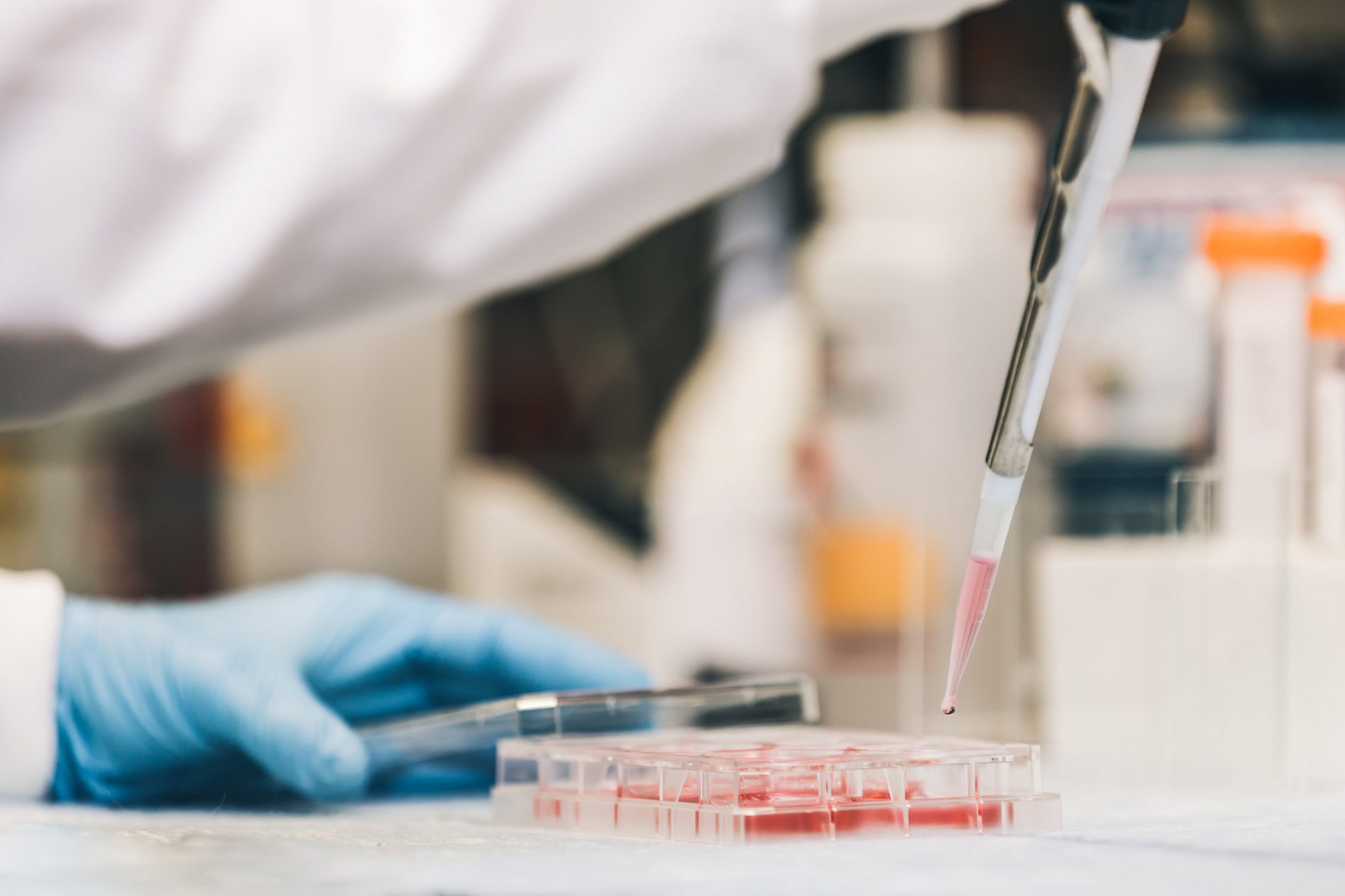Breast cancer is the most common type of invasive cancer and the second leading cause of death in women, after lung cancer. Advances in screening and treatment have significantly increased survival rates in recent years.
Symptoms of breast cancer
Awareness of symptoms and carrying out the necessary investigations are important processes in reducing the risk of developing the disease. Symptoms may include the appearance of lumps or changes in the skin or nipple, partial or total swelling of the breast, the appearance of irritation, feeling of pain in the breast, spontaneous secretions from the nipple. Any change in the breast or the appearance of any symptom should be reported to a specialist.
Treatment
Currently, there are several types of treatments such as: radiotherapy, chemotherapy, immunotherapy and surgical removal.
For people with early-stage cancer, regular screening and mammograms are recommended, and there are several treatment options, such as hormone therapy, tamoxifen, or even surgery.
Treatments for people with stage I, II, or III cancer often includes surgery and radiation therapy, immunotherapy, chemotherapy, or other drug treatments recommended before and after surgery.
Treatment for stage IV is usually systemic drug therapy.
For patients whose cancer recurs, the recommended treatment depends on the previous treatment.
Diagnosis
Early diagnosis increases the chances of cure. The diagnosis can be made during a routine check-up. Various tests and procedures help confirm the diagnosis: breast examination to identify lumps, mammography, ultrasound, MRI, biopsy, etc.
Risk factors
Risk factors can be genetic, but some lifestyle risk factors, such as alcohol consumption, can also increase the risk of developing cancer.
Breast cancer usually forms in the milk ducts. From there, cancer cells can migrate to other parts of the body. The cause of cancer is not yet known, but there are risk factors involved in this process. Age can be one of the risk factors. With ageing, the possibility of developing cancer increases. An important risk factor is the genetic factor. Women who have the BRCA1 and BRCA2 genes are at an increased risk of developing the disease.
There is also an increased risk of developing cancer in women who have a higher density of fatty tissue in the breasts. Another cause could be exposure to increased levels of estrogen. Breastfeeding for about a year appears to reduce the risk of developing breast cancer, possibly because pregnancy and breastfeeding reduce exposure to high levels of estrogen. Another factor may be body weight, especially in people who are obese. Alcohol consumption appears to play a role in the development of cancer, with studies showing that women who drink more than 3 alcoholic drinks per day have a 1.5-fold increased risk.
Exposure to radiation or the use of hormone-based treatments have also been associated with an increased risk of cancer.
Women with breast implants who are diagnosed with breast cancer are at higher risk of death and are more likely to be diagnosed at an advanced stage because the implants may mask the tumor during screening or cause changes in the breast tissue.
There is no surefire way to prevent breast cancer, but certain lifestyle decisions can significantly reduce the risk of developing any type of cancer.







